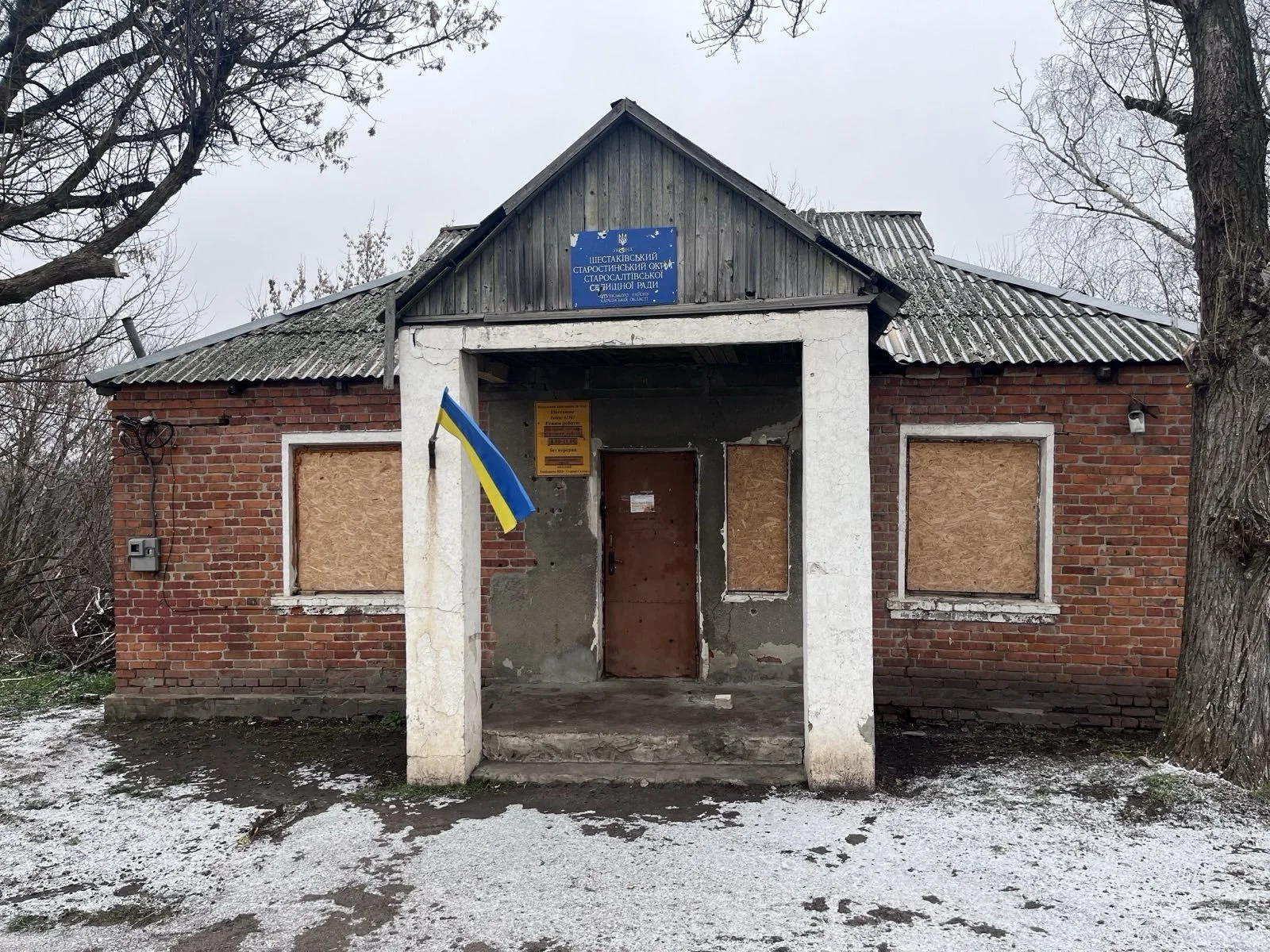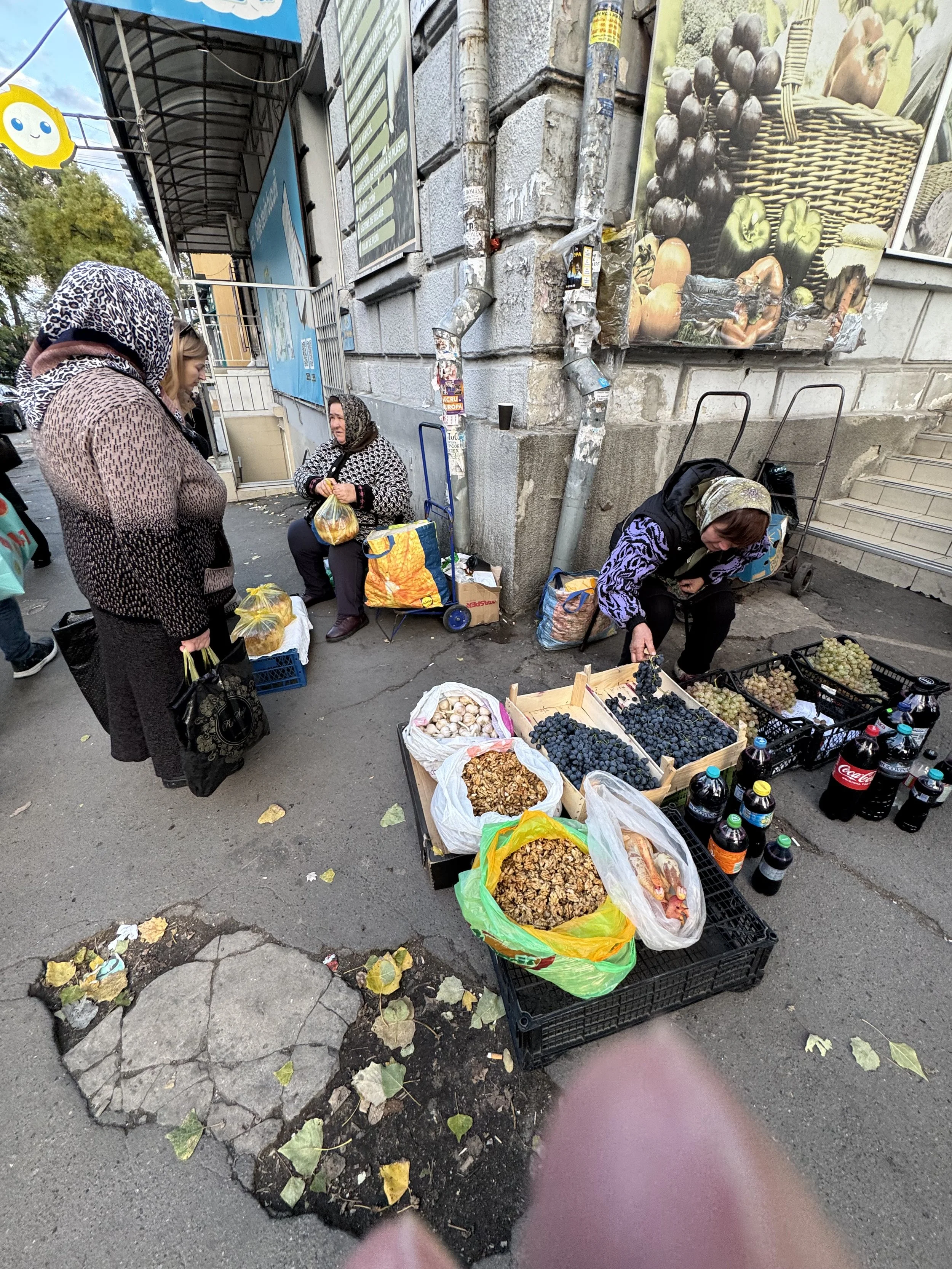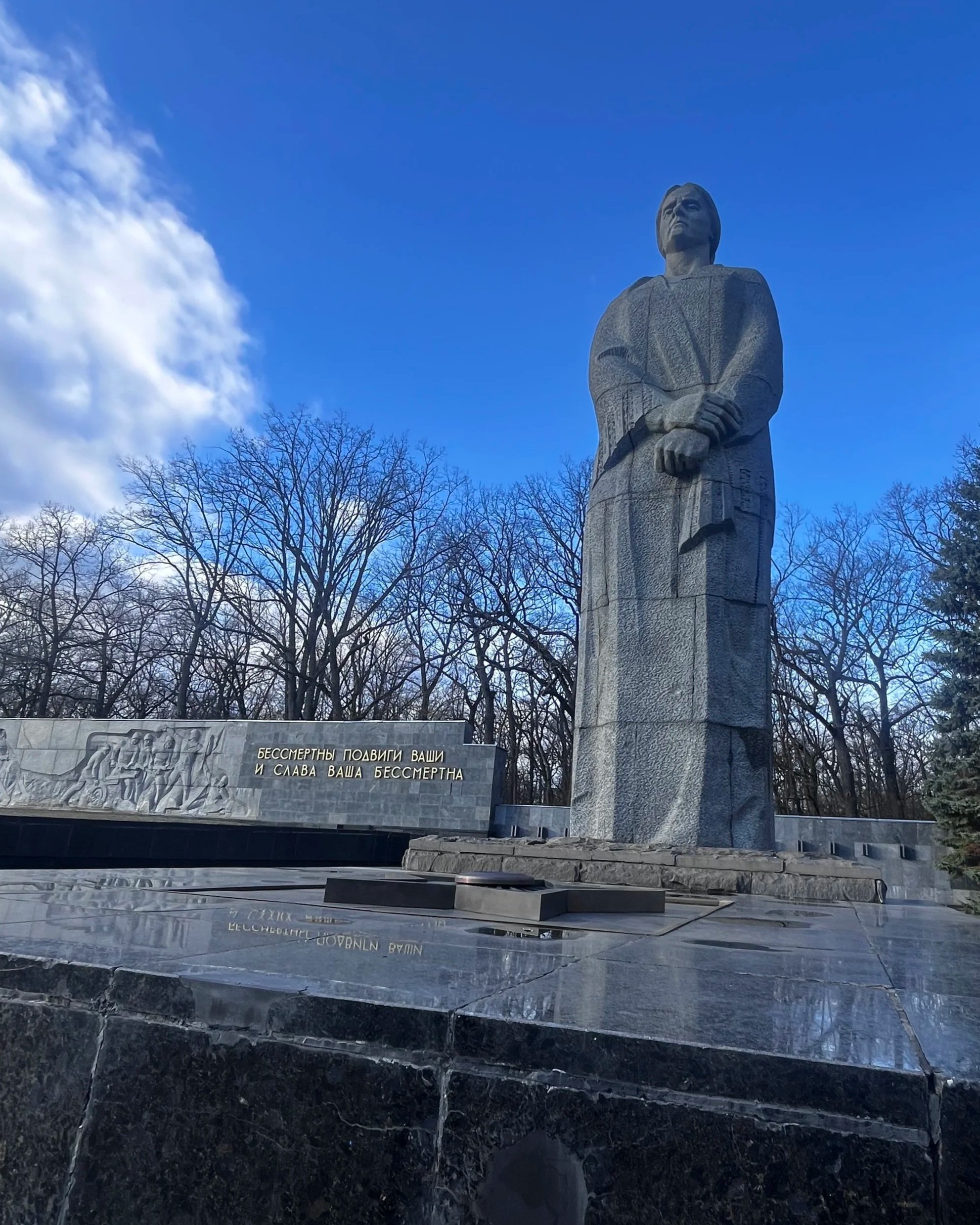Dispatches
Reporting from Ukraine
Writing
Photojournalism
The war in Ukraine has countless dimensions and countless layers.
Ukraine is itself a vast country of startling regional, ethnic and religious diversity; and it has a long, complicated history. War came to Ukraine in 2014 with Russia’s annexation of Crimea and invasion of Eastern Ukraine, resulting in tens of thousands of deaths and millions of displaced people. Then, on February 24, 2022, Russia widened its operations into a brutal war against Ukraine’s entire population. Though the war in Ukraine has gotten and continues to get extensive coverage in English-language media, its effects on common people too often fade into the background. These effects demand greater attention.
Dispatches exists to capture life in Ukraine in all its dimensions. The name Dispatches is homage to a 1977 book by the American journalist Michael Herr. He went to Vietnam in 1967, and Dispatches is a classic of war writing, a bravura effort to get behind the headlines, the official narratives and the rampant wartime propaganda. Herr’s writing puts forth unforgettable images and vignettes. It is also a book that glamorizes war at times and that gets mostly at the story of Americans in Vietnam. It is an incomplete example of writing as truth telling and of writing as witness.
This twenty-first century Dispatches, loosely inspired by Herr’s book, follows its own patterns. It makes full use of the media resources currently available. It takes into account high politics and military strategy, political economy and technology, but it foregrounds human affairs: the small, local story; the story that does not quite fit; and the story that defies genre. Through translation, Dispatches makes many different voices available to an English-language public, leaving as much as possible for the reader or the listener or the viewer to interpret.
It is not enough to analyze the world.
The world must also be carefully described.
In his Histories, written in the fifth century BCE, the historian Herodotus tells of Psammenitus, an Egyptian king who experiences misfortune in war. His enemies parade before him his son and daughter - to torture Psammenitus, who “bent his head towards the ground,” Herodotus writes, showing no emotion. Then, an old friend of his is walked past him, a friend who has been made a beggar. “At this sight the king burst into tears, and weeping aloud, called his friend by his name.” When asked why he was unresponsive to the plight of his own children, Psammenitus gave the following explanation. “My own misfortunes were too great for tears.” Yet “the woe of my friend deserved them [his tears].”
Any attempt to comprehend war must bear in mind Psammenitus, his silence and his tears. Wars induce numbness. They are hard to face directly. Some of their biggest realities cannot be fully or even partially absorbed by the people living through them or by the people contemplating them. Yet there are moments of recognition and response. The goal of Dispatches is to provoke such recognition and response, not by dwelling on violence and suffering or by equating an entire vibrant country with the depredations of war, but by unearthing and telling the stories of kings and beggars, parents and children, the victorious and the defeated, without waiting for this terrible war to finish. The dispatches will be ongoing.





